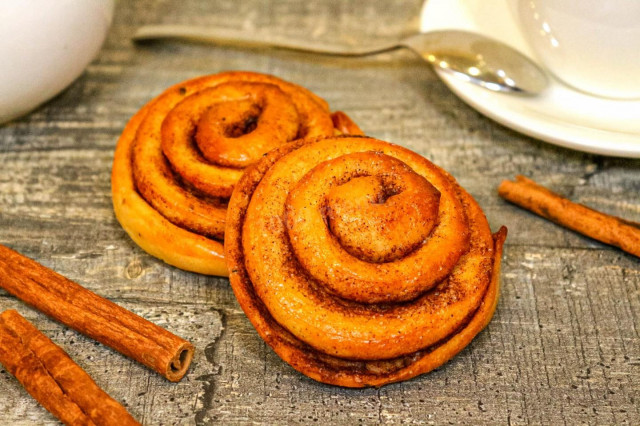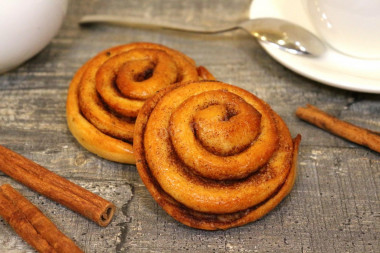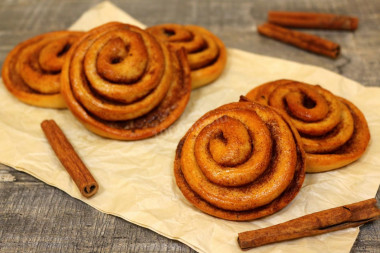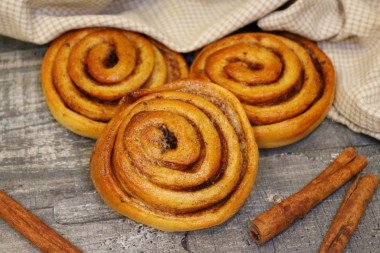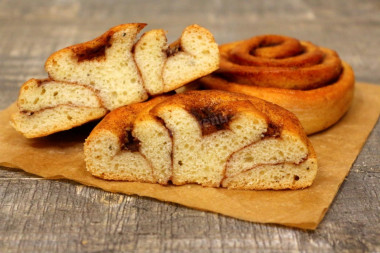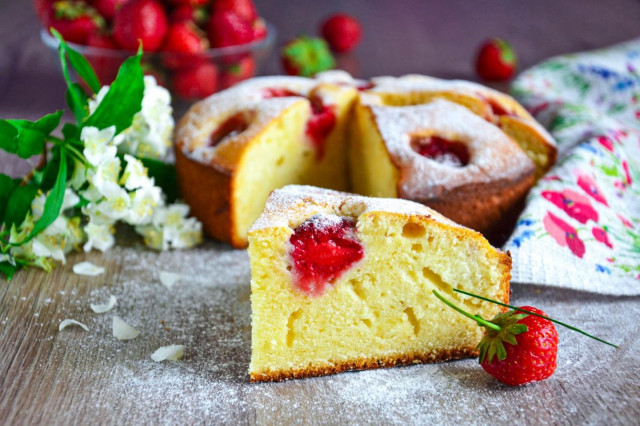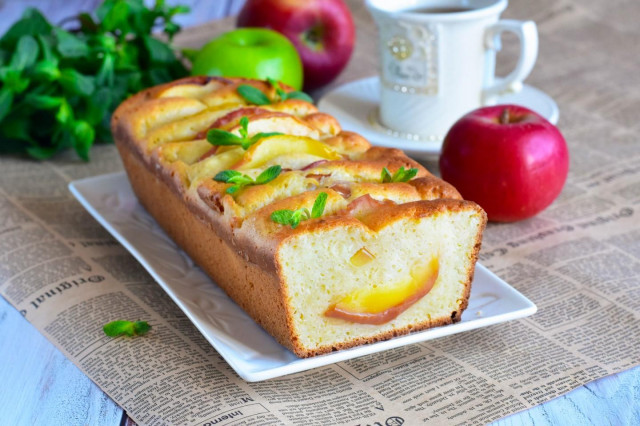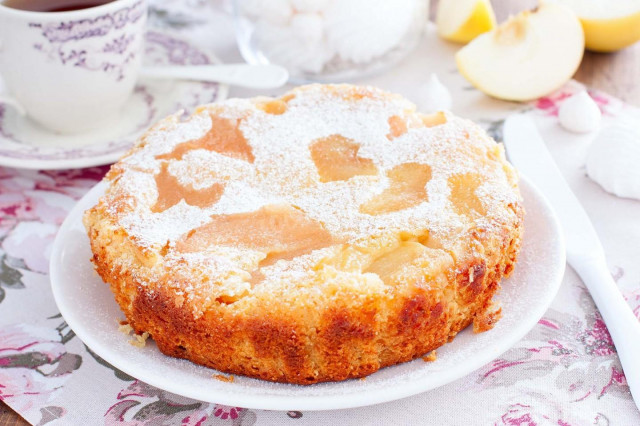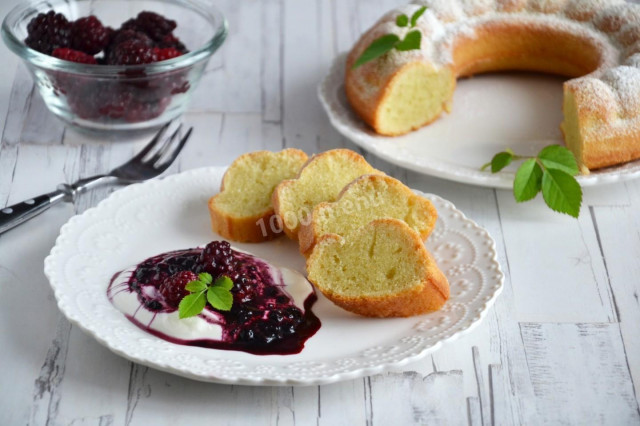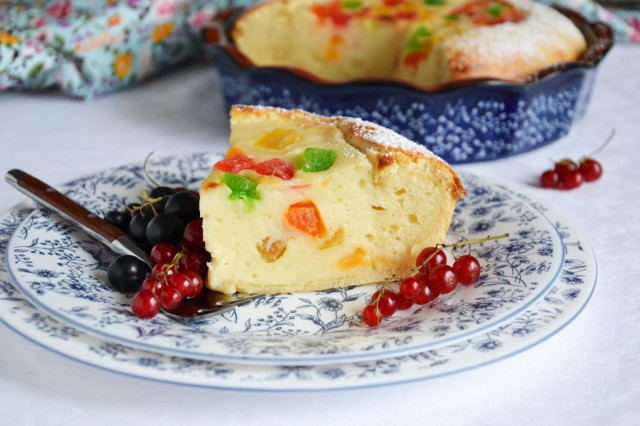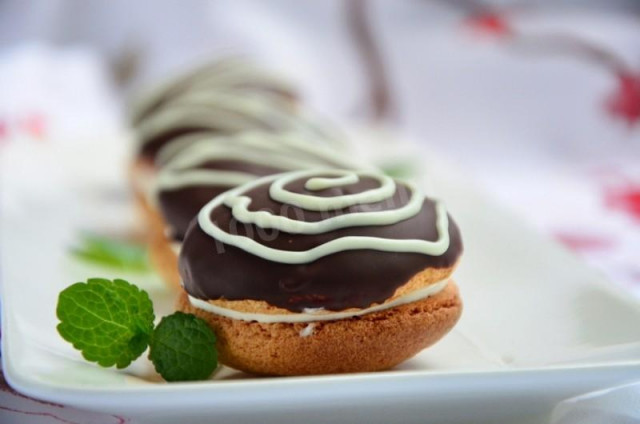Composition / ingredients
Step-by-step cooking
Step 1:
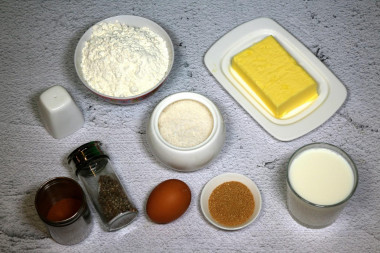
How to make snails with cinnamon? Prepare all the necessary ingredients. Immediately take out the butter so that it softens half of the butter specified in the ingredients will be used soft during cooking).
Step 2:
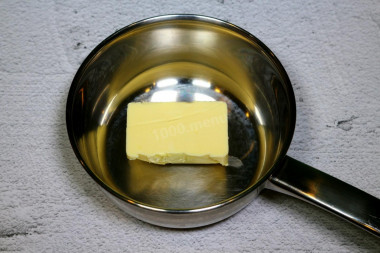
Take a saucepan and put a piece of butter weighing 110 grams in it. Put a saucepan with butter on a slow fire and melt the butter. Then add the milk and continue to heat the butter-milk mixture.
Step 3:
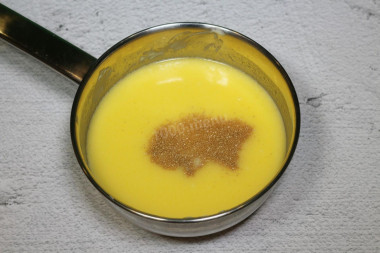
When the mixture becomes warm (about the same as body temperature), remove the saucepan from the heat and pour yeast into this mass, mix the contents of the saucepan so that all the ingredients are evenly distributed among themselves. Set the saucepan aside for a while so that the yeast swells.
Step 4:
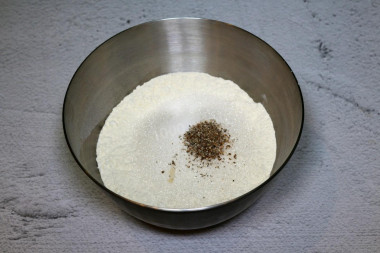
Take a large container, sift flour into it, pour 110 grams of sugar, as well as salt and ground cardamom. Next, move this mixture to the walls of the container so that a so-called well is formed. Pour the previously prepared butter-milk mass into this well.
Step 5:
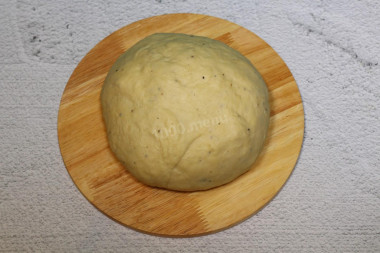
Start stirring the dough with a wooden spoon (while it is very sticky), then continue to knead the dough with your hands. It is most convenient to do this on the work surface. The dough should be kneaded for 6-8 minutes. As a result, it should become smooth, elastic and quite tight. If necessary, add flour during the kneading process (if it sticks to your hands). Put the prepared dough in a clean container and cover with a towel. Leave for 40-60 minutes in a warm place.
Step 6:
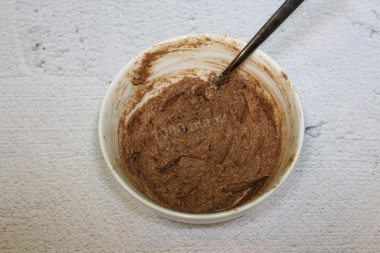
Now prepare the filling for future snails. To do this, use a fork to mix the soft butter, the remaining sugar (90 grams) and ground cinnamon. The result should be a paste-like mass.
Step 7:
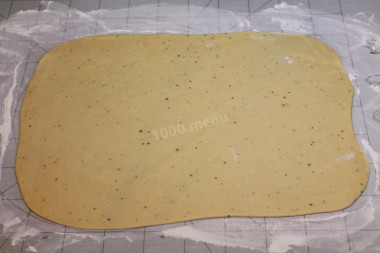
Sprinkle the work surface with flour. Now that the dough has risen, transfer it to the prepared work surface. Divide the dough into 2 equal parts. Take a piece of dough and roll it out with a rolling pin, forming a rectangle, 3 mm thick.
Step 8:
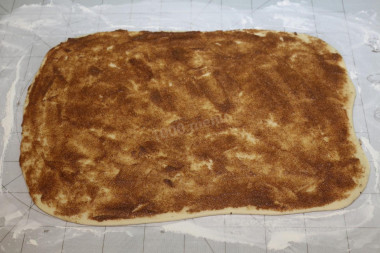
Spread the dough all over the perimeter with a paste-like mass. Next, on the long side of the rectangle, roll up the roll. With a sharp knife, cut the roll into 12 pieces. Repeat everything with the second half of the test.
Step 9:
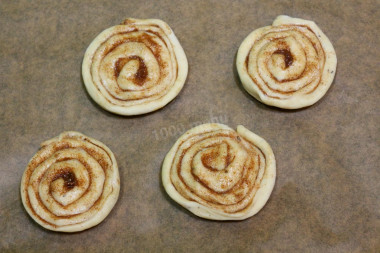
The baking sheet was covered with parchment paper. Place the snail buns on it at a distance from each other. Cover them with a towel. Let them stand a little (30-40 minutes), then brush them with beaten egg. Preheat the oven to 220 ° C. After 40 minutes, put the baking tray with the buns in the already heated oven, while lowering the temperature to 190 ° C.
Step 10:
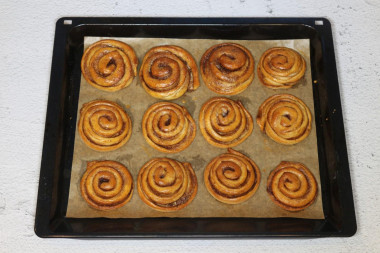
Bake the buns for 15-20 minutes, but since all ovens work differently, make sure that the buns do not burn, that is, bake them until they turn golden brown and immediately take them out of the oven. Let them cool down a little, after which they can already be served to the table.
Buns prepared according to this recipe are moderately sweet, so it may not seem enough for a sweet tooth. So, if you like rather sweet pastries, then add more granulated sugar to the oily paste than indicated in the recipe. Also, if you want to make the snails sweeter, you can sprinkle the finished pastries with powdered sugar on top.
And more. There are quite a lot of buns, so I advise you to prepare such a portion only if you have a large family or you are waiting for friends / relatives to visit. Otherwise, proportionally reduce the portion, for example, by half, since fresh pastries can not be compared with anything. Even the next day, the buns are no longer the same.
It is important to sift the flour to saturate it with oxygen. Then the baking will turn out to be airy and will rise well when baking.
Make it a rule that the amount of flour is never determined in advance when preparing flour and bread products! This indicator will always fluctuate, since flour can be of different humidity, differ in the degree of grinding and the level of gluten, and other indicators, which inevitably affects its ability to bind to the liquid mixture in the dough. Since it is impossible to do a laboratory test at home to determine all the parameters and indicators of flour, we recommend acting on the principle of "flour in water", that is, take liquids exactly according to the recipe, and add flour to the liquid component not all at once, but in parts, achieving the desired consistency (while flour may take a little more or on the contrary, less than in the recipe). Thanks to this technique, the proportions of the ingredients are more accurately preserved and the quality of the dough is not lost.
Keep in mind that everyone's ovens are different. The temperature and cooking time may differ from those specified in the recipe. To make any baked dish successful, use useful information about the features of ovens !
Caloric content of the products possible in the composition of the dish
- Whole cow's milk - 68 kcal/100g
- Milk 3.5% fat content - 64 kcal/100g
- Milk 3.2% fat content - 60 kcal/100g
- Milk 1.5% fat content - 47 kcal/100g
- Concentrated milk 7.5% fat content - 140 kcal/100g
- Milk 2.5% fat content - 54 kcal/100g
- Cardamom - 311 kcal/100g
- Whole durum wheat flour fortified - 333 kcal/100g
- Whole durum wheat flour universal - 364 kcal/100g
- Flour krupchatka - 348 kcal/100g
- Flour - 325 kcal/100g
- Granulated sugar - 398 kcal/100g
- Sugar - 398 kcal/100g
- Butter 82% - 734 kcal/100g
- Amateur unsalted butter - 709 kcal/100g
- Unsalted peasant butter - 661 kcal/100g
- Peasant salted butter - 652 kcal/100g
- Melted butter - 869 kcal/100g
- Salt - 0 kcal/100g
- Chicken egg - 80 kcal/100g
- Dry yeast - 410 kcal/100g
- Ground cinnamon - 247 kcal/100g

